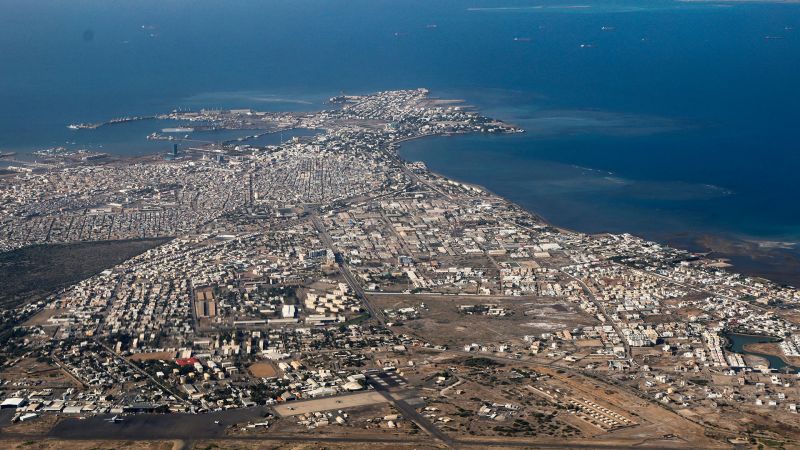
A tense legal showdown is unfolding as eight migrant detainees, currently held at a U.S. Naval base in Djibouti, face imminent deportation to South Sudan. Lawyers representing the migrants are racing against time, heading to a federal court in Massachusetts on Friday afternoon in a last-ditch effort to prevent the deportation scheduled for Friday night.
The urgency of the situation was underscored when Judge Randolph Moss of the D.C. District Court granted a temporary stay earlier on Friday. During an emergency hearing, Moss decided that the case should be transferred to Massachusetts, ordering the Trump administration not to deport the migrants until 4:30 p.m. ET. The administration has indicated that the flight is set to depart at 7:00 p.m. ET.
Legal and Humanitarian Concerns
The potential deportation has sparked significant legal and humanitarian concerns. At the heart of the legal battle is the argument that sending the migrants to South Sudan, a country plagued by conflict, could endanger their lives. Judge Moss emphasized this point, stating,
“It seems self-evident the US government can’t take human beings and send them to a place where their physical well-being is at risk.”
The plaintiffs argue that deportation to South Sudan would expose them to torture and violate their constitutional rights. The Trump administration’s move is perceived as an attempt to deter future illegal immigration by showcasing the severe consequences.
Judicial Proceedings and Implications
The legal proceedings in Massachusetts come on the heels of a Supreme Court ruling on Thursday, which sided with the administration. The ruling permits the deportation of certain migrants to third-party countries, including South Sudan. This decision has set the stage for the current legal scramble to secure a more permanent injunction against the deportation.
Judge Moss, in granting the brief stay, noted the importance of not extending administrative stays longer than necessary. His decision reflects the broader judicial philosophy of balancing immediate humanitarian concerns with procedural efficiency.
Historical Context and Expert Opinions
This development is not isolated. The U.S. has a history of contentious deportation policies, especially concerning countries with ongoing conflicts. Experts in international law and human rights have voiced concerns about the ethical implications of such deportations.
According to Dr. Laura Thompson, a specialist in international refugee law,
“Deporting individuals to a conflict zone like South Sudan raises serious questions about compliance with international human rights obligations.”
Her sentiments echo those of many human rights organizations, which argue that such actions could contravene international treaties designed to protect vulnerable populations.
Looking Ahead: What’s Next?
The outcome of the Massachusetts court proceedings will be pivotal. Should the court grant a more extended stay or injunction, it could set a precedent for similar cases in the future. Conversely, if the deportation proceeds, it may signal a shift in U.S. immigration policy enforcement under the Trump administration.
As the clock ticks down, the case continues to draw attention from legal experts, human rights advocates, and the international community. The decision will likely have lasting implications on the U.S.’s approach to handling migrants from conflict zones.
For now, all eyes are on Massachusetts, where the fate of the eight detainees hangs in the balance, awaiting a judicial decision that could either grant them reprieve or send them into the uncertainty of a war-torn nation.





